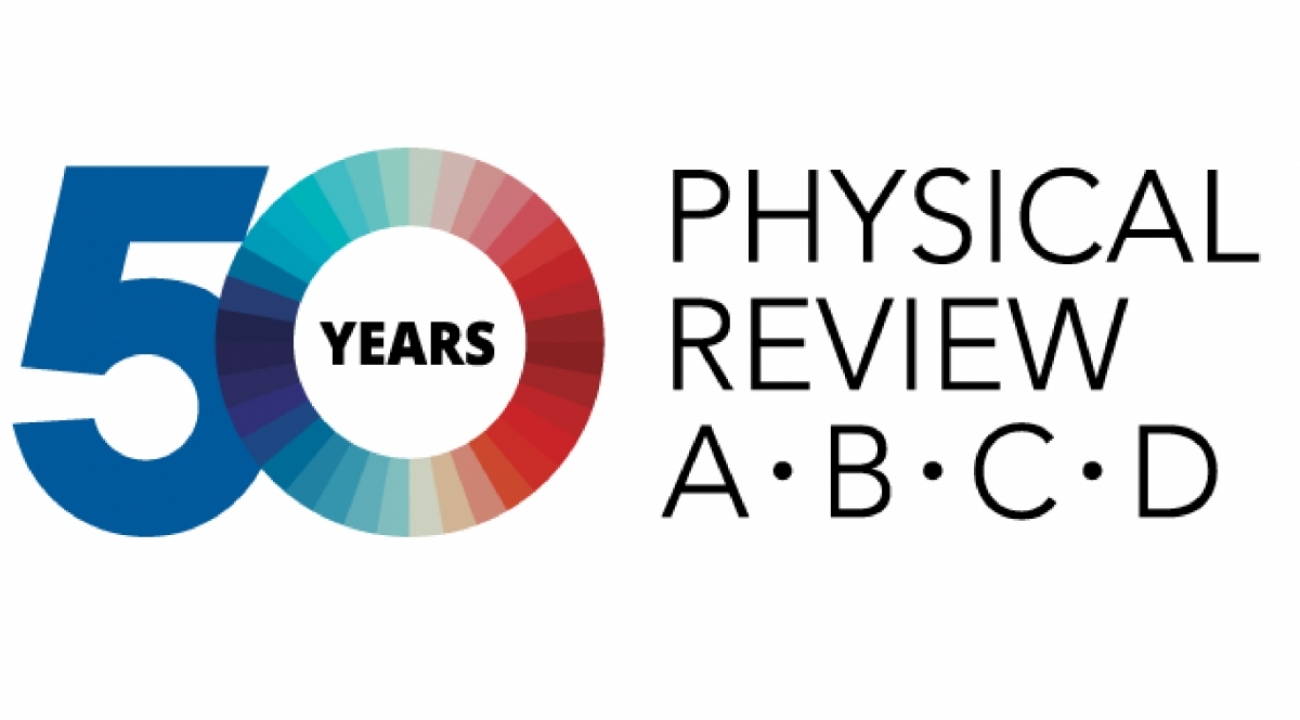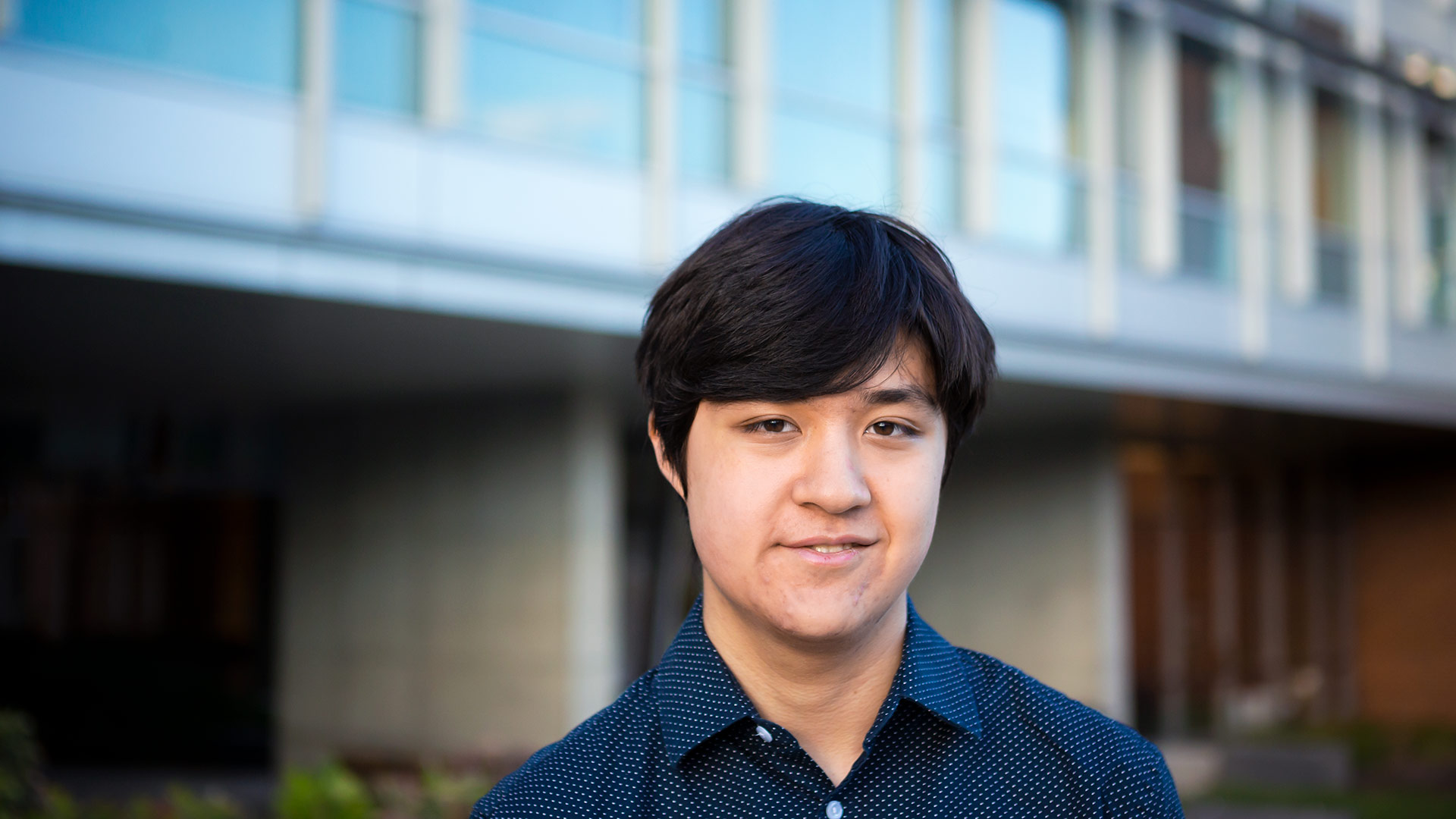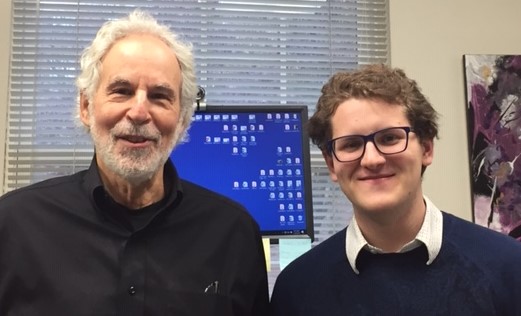PRA Highlights Work of Ian Spielman
- Details
- Published: Wednesday, October 21 2020 05:33
A paper coauthored by Adjunct Professor and JQI Fellow Ian Spielman in 2011 has been highlighted by the journal Physical Review A as part of its 50th anniversary celebration—one of only 26 that the journal plans to highlight in its “anniversary milestones” collection.
The collection comprises papers published in the journal “that have made important contributions to atomic, molecular, and optical physics and quantum information by announcing significant discoveries or by initiating new areas of research.” Highlighting these notable papers is part of the American Physical Society’s celebration of the splitting of the journal Physical Review into four journals, Physical Review A-D, that each cover different specialized physics content.
In Spielman’s paper, which was also highlighted by Google Scholar Metrics in 2014, he and his colleagues proposed an experimental setup to create quantum interactions called Rashba and Dresselhaus spin-orbit coupling for an atomic Bose-Einstein condensate. Spin-orbit coupling is an interaction where the properties of spin—an attribute of quantum objects related to rotation and magnetism—and momentum become tied together. The phenomenon helps stabilize the states against quantum disturbances and plays an important role in materials, like topological insulators, that are of theoretical and technological interest.
The paper describes how experiments can create the desired coupling for electrically neutral rubidium atoms by using lasers, and it also provides an intuitive, visual framework for understanding such experiments as an alternative to the prior, more-abstract mathematical description that researchers were using.
“What I think this proposal really did is change the language that we used to think about engineering spin-orbit coupled systems,” says Spielman. “This paper provides a super-visual construction that you can do on the fly in your head to know about what's going to happen in an experiment.”
In the proposal, several lasers are set up so that they interact with the atoms simultaneously to create the appropriate quantum state with the desired coupling. The paper presented the physics in the experiments in terms of how the photons that make up the lasers contribute momentum to the atoms.
According to Xiangyu Yin, the associate editor of Physical Review A, Spielman’s paper “inspired several successful experimental realizations of spin-orbit coupled neutral atoms in two dimensions, paving the way for exploring exotic quantum phases in a new platform.”
In addition to experiments by others, Spielman’s own research group at JQI has built on this work and he says that he hopes that similar experiments with atoms other than rubidium will open opportunities to explore even more new physics.


